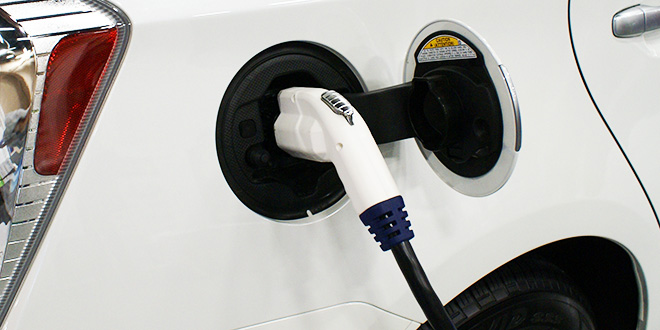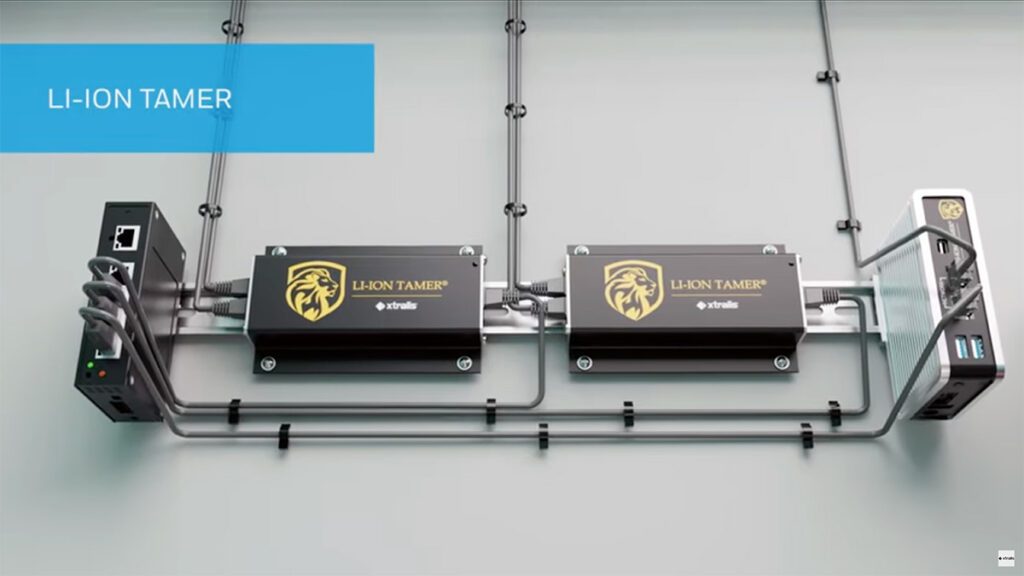Following up on its earlier review of national EV incentive programs, the International Council on Clean Transportation (ICCT) has released a new study showing that state incentives are playing a significant early role in driving EV sales.
As described in their white paper, Evaluation of State-level US Electric Vehicle Incentives, the researchers found that some of the states with the largest EV incentives – California, Georgia, Hawaii, Oregon, and Washington – have EV sales shares that are 2-4 times the national average.
While the federal tax credit of $7,500 per vehicle is an important enticement, the ICCT’s analysis shows that a generous package of state incentives can be of nearly equal value to prospective buyers.
Some types of incentives appear to be more effective than others. A regression analysis shows that the most effective incentives are subsidies, carpool lane access and emissions testing exemptions. A benefit-to-cost analysis shows that deploying public charging stations is an especially cost-effective incentive.
Comparing California with less electrically enlightened states helps illustrate the effect of incentives on sales. California ranks #3 in the total benefit offered to consumers for BEVs and #4 for PHEVs, and it has the highest plug-in sales share of any state. On the other hand, Mississippi, Oklahoma, North Dakota, and Wyoming, which offer nearly no benefits to EV owners, have nearly no EV sales.
However, the study authors concede that there are several key factors that have not been explored, including the level of automaker marketing activity and the limited geographic availability of most EVs. The current study also does not address how technology costs could decline with battery innovation, greater mass-market economies of scale, or other technical factors.
The report includes some caveats and (as always) concludes that more research is needed: “Caution should be taken in interpreting these results before additional research is conducted. This analysis only considered the benefits to consumers we were able to approximately monetize. The total benefit to society of promoting electric vehicles is much higher, as electric vehicles reduce negative externalities that are associated with conventional vehicles’ impacts on local air pollution, contribution to climate change, and consumption of petroleum.”
Source: International Council on Clean Transportation via Green Car Congress



















































































